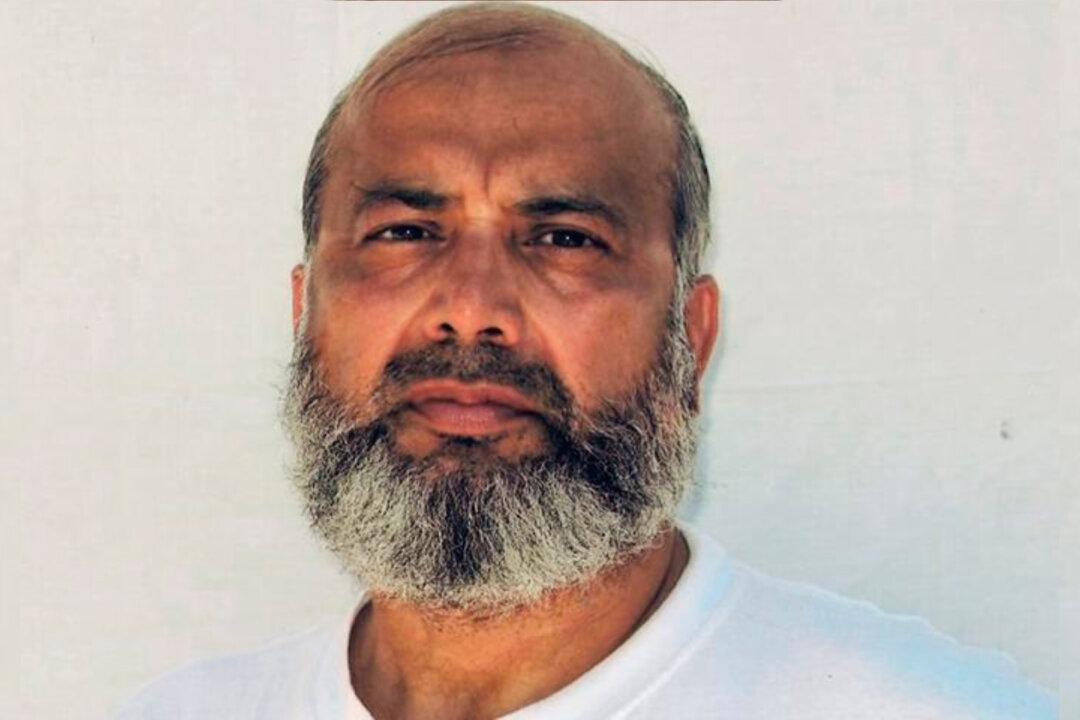ISLAMABAD—A 75-year-old from Pakistan who was the oldest prisoner at the Guantanamo Bay detention center was released and returned to Pakistan on Saturday, the foreign ministry in Islamabad and the U.S. Defense Department said.
Saifullah Paracha was reunited with his family after more than 17 years in custody in the U.S. base in Cuba, the ministry added.





